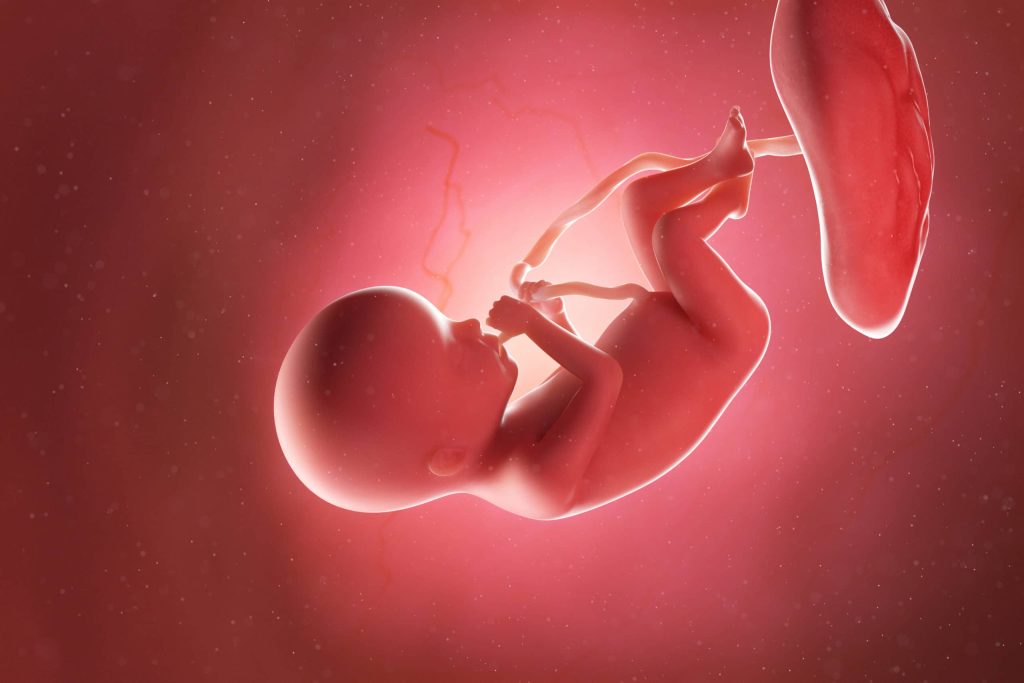Understanding the Biological Truth Behind Conception and Human Life
In today’s world, the debate over when life begins is often framed as philosophical, political, or religious. But before we argue values, we need to start with facts — and the science is stunningly clear.
So, what does science really say about when life begins?
It says that life begins at conception. Not vaguely, not conditionally — but with biological precision.
Let’s walk through what that means.
The Biology of Human Life
At the moment of conception, something extraordinary happens. A single sperm fuses with a single egg, and within seconds, a new cell is formed: the zygote.
This zygote is :
- Gentically unique— it has its own complete DNA, distinct from mother or father.
- Biologically human — it’s not a potential human or part of another human, it is a whole human organism.
- Self-directed — it begins to divide, grow, and develop on its own from within.
- Alive — it metabolizes nutrients, responds to stimuli, and reproduces cells.
In every meaningful scientific sense, this is the beginning of a new human life.
It’s Not a Belief. It’s a Biological Fact.
This isn’t speculation — it’s established in embryology textbooks, medical training, and scientific consensus. Here are just a few examples:
- “Human development begins at fertilization…”
– Moore & Persaud, The Developing Human: Clinically Oriented Embryology - “Fertilization is the beginning of a human being…”
– Keith L. Moore, Essentials of Human Embryology - “The zygote is the beginning of a developing human.”
– Langman’s Medical Embryology
Despite political disagreements, there is almost no scientific dispute about the fact that human life begins at conception. The debate that continues today isn’t about when life begins — it’s about whether that life should be protected.
The Spark That Proves It All
In recent years, scientists at Northwestern University captured an awe-inspiring event: a zinc flash at the moment of conception. As the sperm enters the egg, a burst of light — the result of zinc being released — marks the start of life.
This isn’t metaphor. It’s not a symbol. It’s literal light.
A flash. A beginning. The moment human life is kindled.
This is the inspiration behind our movement’s name: Life Begins With A Flash. Because it does.
“But It’s Just a Clump of Cells…”
Yes — and so are we, technically. The difference is stage, not nature.
From conception onward, the human embryo goes through stages:
- Zygote → Blastocyst → Embryo → Fetus → Newborn
But at every stage, it remains the same individual human life. Development does not create humanity — it reveals it.
What About Sentience or Viability?
Some argue that life doesn’t begin until a child can feel pain, think, or survive outside the womb. But those are functional characteristics, not definitions of life.
A coma patient may not be sentient. A premature baby may not survive without medical help. That doesn’t mean they aren’t alive — or human.
Human rights should never be based on ability, awareness, or independence. They should be based on being human.
Why This Science Matters for the Law
Our movement exists to translate this scientific truth into legal recognition:
“Human life shall be legally recognized as beginning at the moment of conception.”
Why? Because when the law recognizes when life begins, it changes how that life must be treated — in medicine, in justice, in policy, and in culture.
Ignoring this fact allows for legal contradictions where some human lives are protected while others are denied the most basic right: the right to exist.
A Culture Rooted in Truth
You don’t have to be religious to affirm this truth.
You just have to be honest.
The science is not political. It’s not emotional. It’s not subjective.
It’s cellular. Molecular. Measurable.
And it leaves us with a moral and civic responsibility: to protect that life from the very start.
Help Us Make Truth the Foundation of Law
At Life Begins With A Flash, we’re building a movement around this simple scientific fact — because when the truth is ignored, injustice thrives.
Let’s be a generation that builds our laws on evidence, not ideology.




